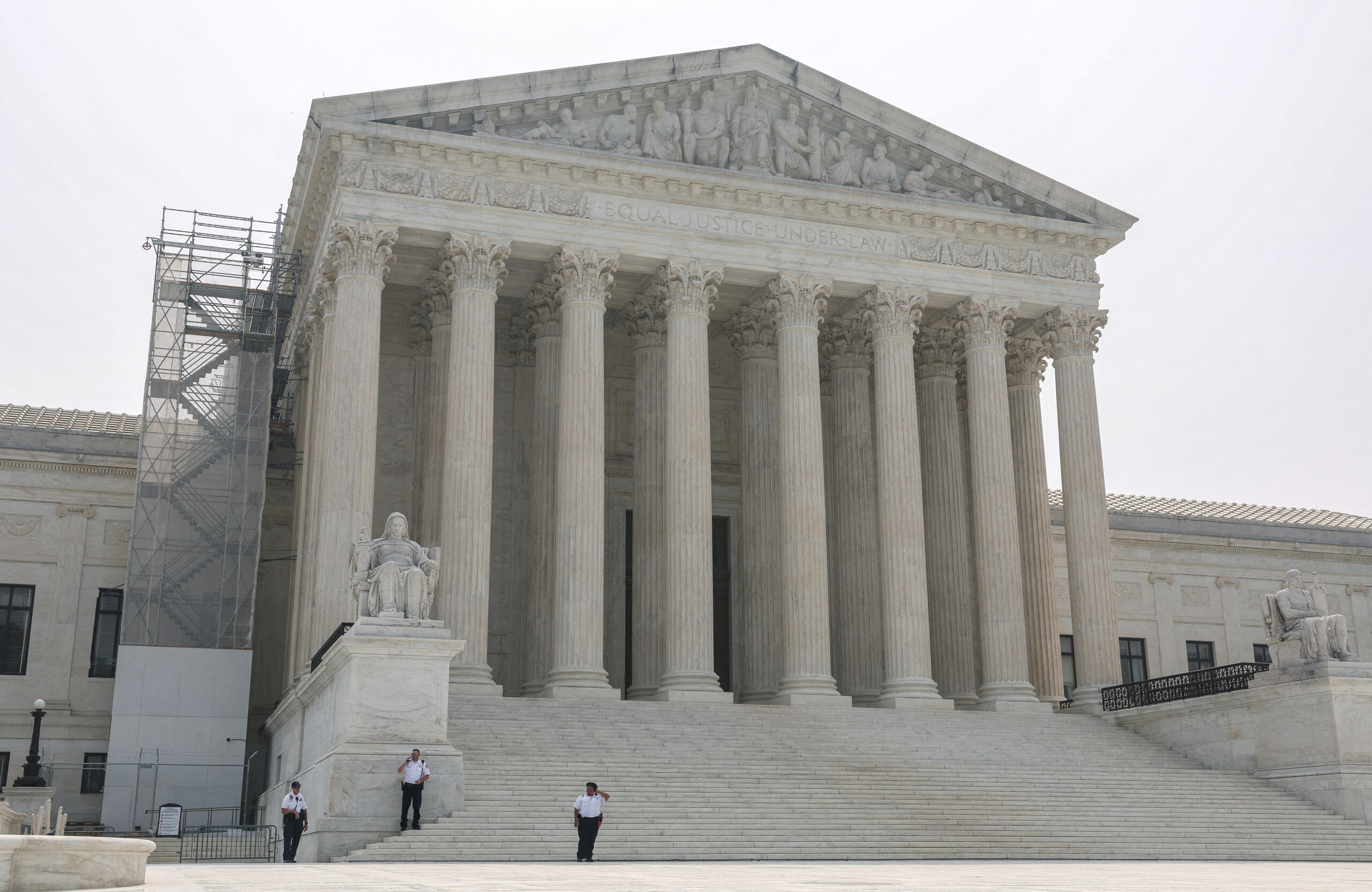Legislation minister says present choose appointment course of opaque and will change, as authorized specialists worry direct menace to judicial independence.
Senior officers in India’s right-wing authorities say they need to have a much bigger function in selecting judges, a requirement a number of legal professionals and judges say threatens the independence of the judiciary.
Judges for the Supreme Courtroom and the 25 excessive courts throughout India are appointed via a quarter-century-old mechanism that entails each sitting judges and authorities officers.
A bunch of senior judges, often known as the collegium, places up candidates’ names to the legislation ministry, and these names are accredited in the event that they clear safety checks.
A senior legislation ministry official stated the federal government is searching for a job in choosing the candidates and was not glad with solely being concerned on the concluding stage. The official declined to be named as a result of he was not authorised to talk to the media.
The federal government has lately held again on approving a number of candidates, with out giving a purpose.
The legislation minister stated within the higher home of parliament in December that 165 excessive court docket judges had been appointed final yr in opposition to 331 vacancies.
Not too long ago, the federal government instructed the Supreme Courtroom that 44 extra judges had been more likely to be appointed this month.
Legislation minister Kiren Rijiju has stated the present system of appointing judges was opaque.
“I’m not important in regards to the judiciary or the judges, however I state a truth which is the reflection of the pondering of the frequent folks of India,” he instructed a information channel.
This week, Rijiju’s workplace stated the minister was ready for a response from the chief justice, the nation’s highest choose, to the federal government’s demand to evaluate the construction of the collegium.
A invoice handed by parliament to vary the method was rejected by the Supreme Courtroom in 2015.
The dispute has exacerbated a scarcity of excessive court docket judges and a backlog of instances. Official knowledge exhibits 4 out of each 10 judicial seats are at present empty, and there are over 70,000 instances pending earlier than the Supreme Courtroom and over 5.9 million instances earlier than the excessive courts.
A number of legal professionals and retired judges stated they believed the federal government was searching for to affect the judiciary, which might be unconstitutional.
“We’re seeing the legislative authority making an attempt to turn into the supreme energy,” stated N Santosh Hegde, a former Supreme Courtroom choose and a former solicitor common. “The collegium system might not be fully excellent however it’s not unfair.”
Two legal professionals affiliated with Prime Minister Narendra Modi’s ruling occasion stated the federal government was making an attempt to finish favouritism. The legal professionals declined to be named as a result of they weren’t authorised to talk to the media for the reason that legislation minister, a member of the ruling occasion, was already addressing the difficulty.
One of many candidates who was not accredited, lawyer Nagendra Ramachandra Naik, stated he was rejected 4 occasions for a seat on Karnataka’s Excessive Courtroom.
“I don’t have a legal document and my 30 years of labor as a lawyer qualifies me for the place of a choose,” he stated. When requested about Naik’s case, a senior legislation ministry official stated the federal government’s selections about appointments are confidential.





